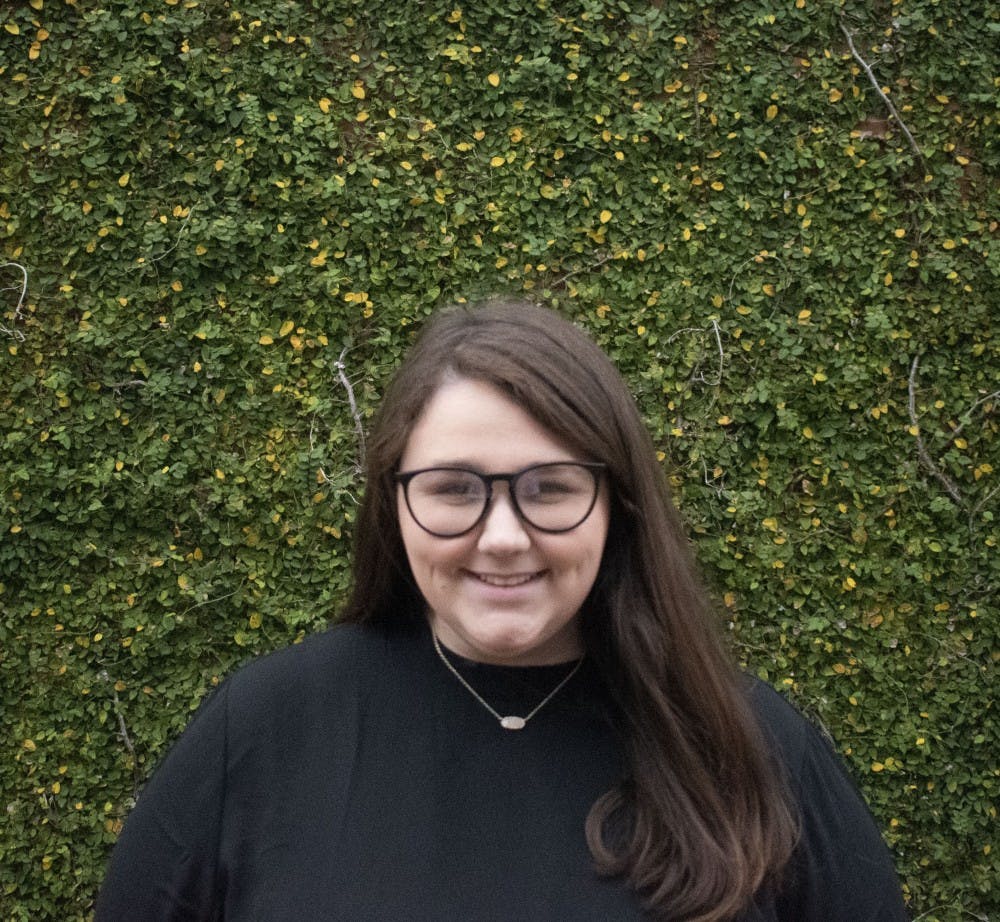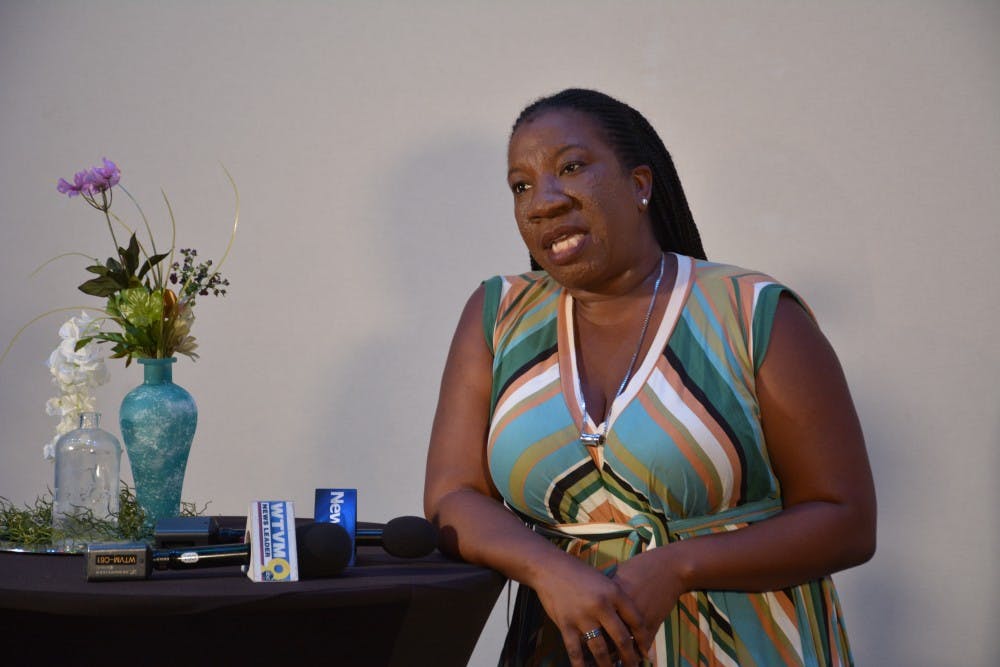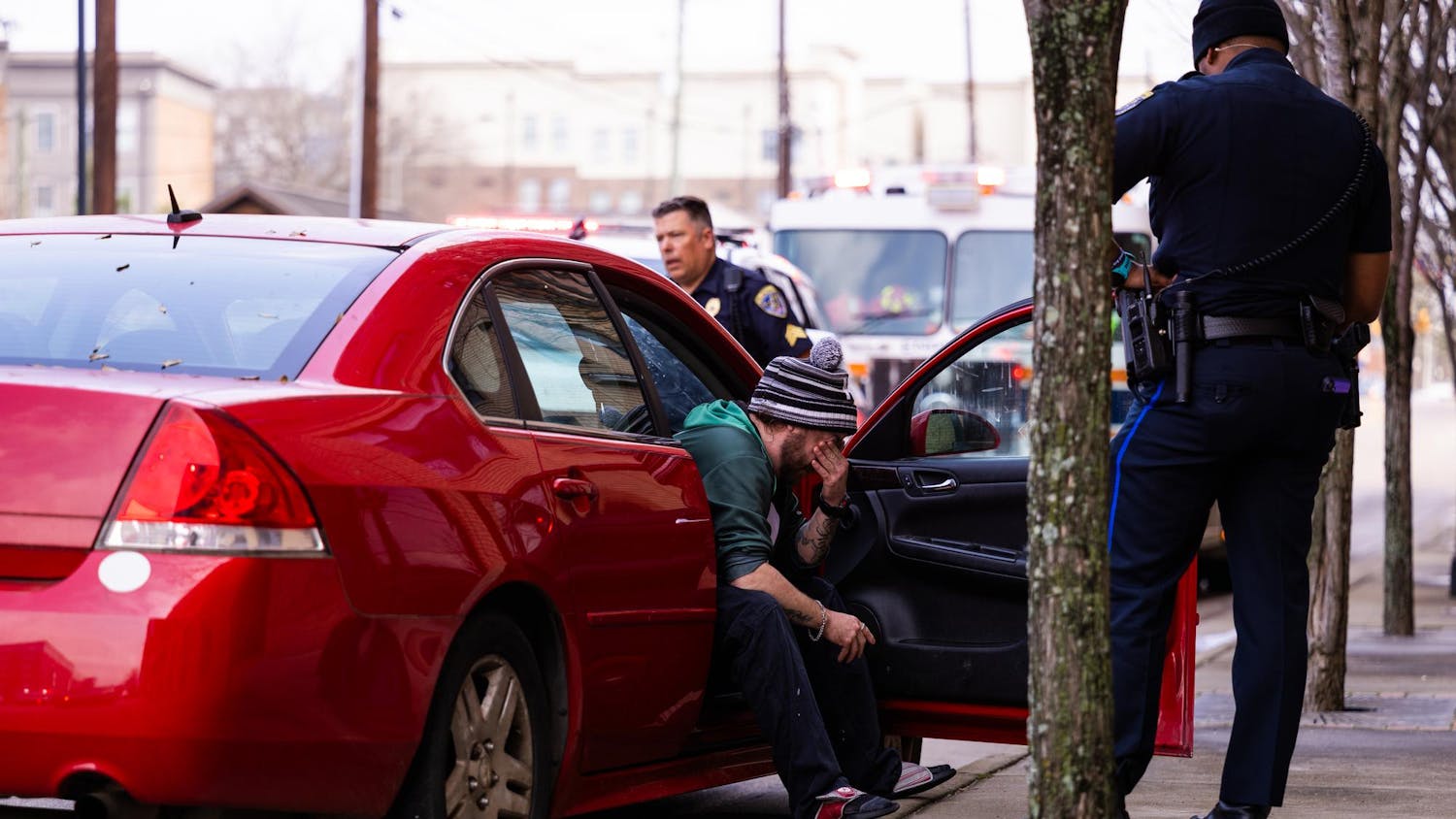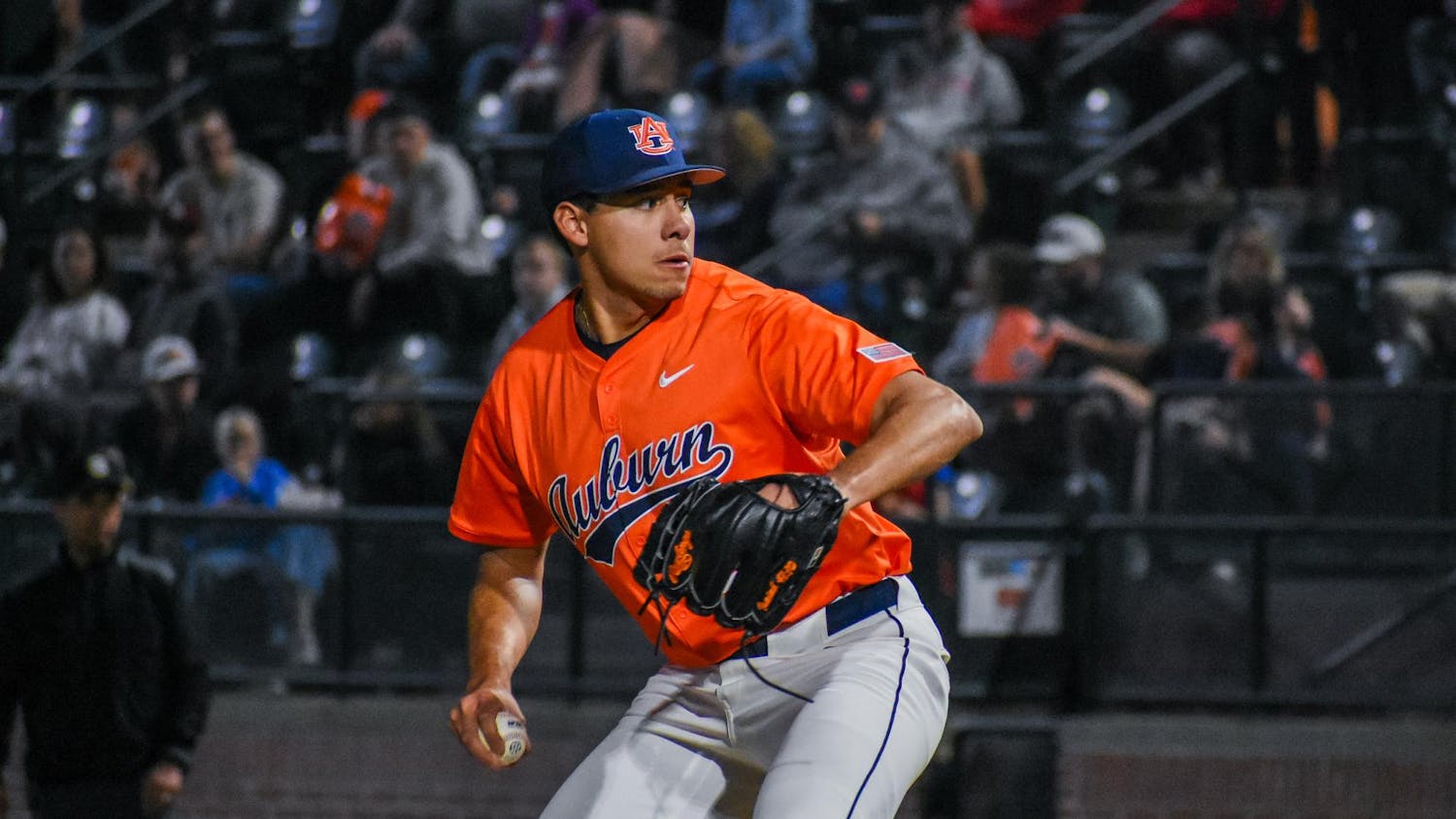Every 73 seconds, someone in the United States is sexually assaulted, according to the Rape, Abuse & Incest National Network.
These survivors oftentimes find it hard to come forward and share their stories. They feel intimidated and are consumed by an overwhelming sense of guilt and shame.
In recent years, however, survivors have rallied together, taking on the people that have fought to silence them for so long.
Tarana Burke spoke to a full audience in the Telfair B. Peet Theatre on Thursday, Sept. 26, as part of the Extraordinary Women Lecture Series, spotlighting her experience as an activist combatting sexual violence and the aftermath survivors face. Burke founded the Me Too Movement in 2006, and the movement continues to change the conversation around sexual violence today.
"As a teenager, Ms. Burke committed herself to raising awareness about how sexual violence affects young black girls and women from low-wealth communities. Her work extends beyond social activism and includes the curation of culturally-informed curriculum designed to initiate public discussion about the long-reaching impact that sexual violence has on all of them," said Taffye Benson Clayton, associate provost and vice president for inclusion and diversity.
Burke, an Auburn University at Montgomery alumna, works to end sexual violence, to help survivors and to create more activists within the Me Too Movement.
Before her event, she told The Plainsman that actions to spread sexual violence awareness and support survivors have been best seen on university campuses, such as the case against Larry Nassar at Michigan State University. After over 265 young women and girls accused him of sexual misconduct, Nassar was convicted of three counts of criminal sexual assault in 2017.
"I think college students are really at the forefront of the work around sexual violence," Burke said. "There've been consistent work across the country on college campuses. Young people are always two or three beats of where the rest of the world needs to be."
Young people, she said, are activated already — it's everyone else who is catching up.
"It's the older people who have authority over the young people finally realizing that, 'Oh, we should be listening to what they've been saying this whole time,' which is they deserve protection and safety," Burke said.
In October 2017, amidst Harvey Weinstein's sexual abuse allegations, the movement spread throughout social media, creating a platform for survivors to come forward and share their experiences.
"The viral #MeToo marked the first time in [survivors'] lives that they had the space to share some of their deepest, darkest secrets," Burke said. "And for hundreds of thousands, it was the start of a new and much needed conversation about our workplaces and institutions and communities."
As a survivor of sexual assault herself, Burke said she has never wavered in her commitment of helping other survivors in their mission to heal and find justice.
"I've learned that if you really want something to happen, you got to put your head down and work. There's no fast way around it," she said.
Beginning with that viral tweet in 2017, reports of rape and sexual assault have more than doubled. However, she said there is much to be done in the fight against sexual abuse.
"I talk about ending sexual violence, because I have to believe it's possible in order for me to wake up every day and do this work," she said. "But in order to end sexual violence, we have to interrupt sexual violence."
Burke then posed a question to the audience, asking the attendees to imagine a world in which everyone played a role in stopping sexual assault.
"It can't be a movement without you. What would it look like if everyone in the world, hell, everyone in this audience, committed to doing one thing to end sexual violence? The work of our movement is to show you that it's possible through healing and action," she said.
She added that ending sexual abuse means more than just passing laws. She said the fight begins on the community level.
"Auburn University's campus is a community," Burke said. "In this community ... every single student, every single faculty member, every single staff person on this campus — you deserve protection and you deserve safety."
Do you like this story? The Plainsman doesn't accept money from tuition or student fees, and we don't charge a subscription fee. But you can donate to support The Plainsman.

Mikayla Burns, senior in journalism and Spanish, is managing editor of The Auburn Plainsman.





